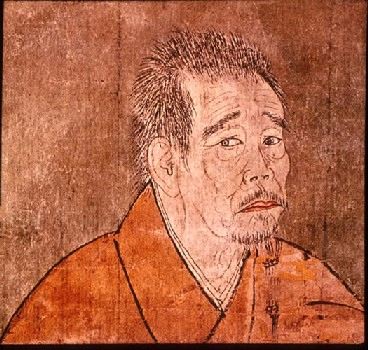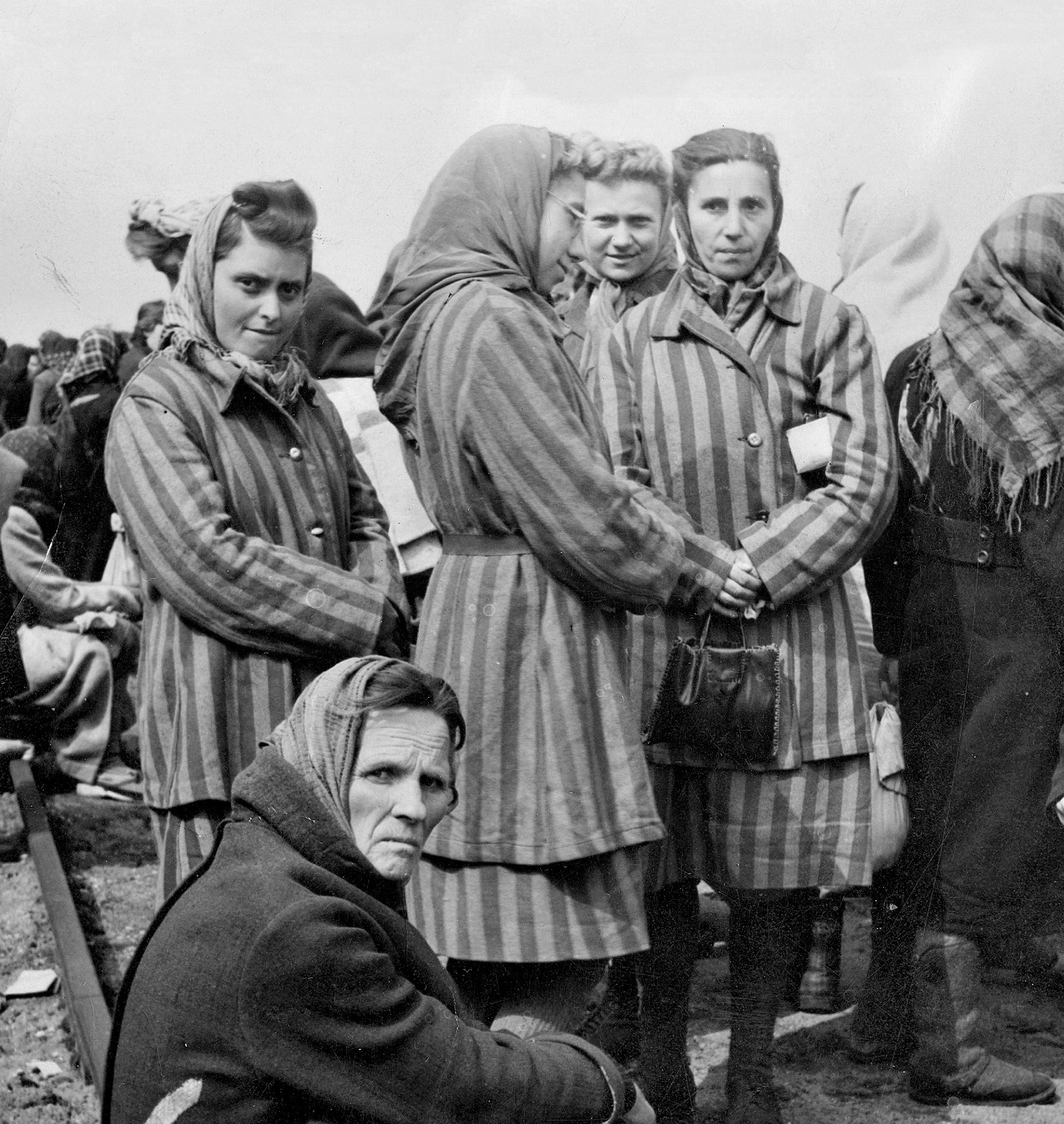I first saw him in front of the barracks. He was walking with six other prisoners, a German soldier behind them pushing at them with some kind of rifle. Your father wasn’t how he is now. He was skinny then, like two shoelaces tied together.
I was not such a prize after three years in the camps either. When the Americans came, they weighed me and found I was less than a 100 pounds—and what was I wearing? You want to know? Woolens on my legs, a grey rag to hide my hair, a stripped dress.
And him? Your father? Like I said, skinny with a bleeding towel across his face from where he lost his eye.
Still, he walked up to me, took my hand, and said in Polish, “Prosza, pani.”
Yes, he said, “Please, miss,” and like a proper gentleman, he clicked his heels. I thought he was at least a count, maybe a prince.
Then just before your dad had a chance to kiss my hand, the German behind him kicked him in the pants and said, “Dumbkopf raus.” Get moving, dummy.
Your father was like that. Always putting on airs, even there in the camps talking of Polish honor as if he and Poland shared a soul.
Really, he was worthless. I wish he had left me there in the camp. He couldn’t drive a car, he couldn’t fix a leaky roof.
When I asked him in the refugee camp to help me pack to come to America, he took a little drink and bundled all the clothes together in a bed spread like America was across the street.
The fool, I should have kicked him like the German soldier did when I met him.
Instead, I kissed him and wept.
__________________
historic photo of women in Ravensbruck Concentration Camp



.jpg)


.jpg)
